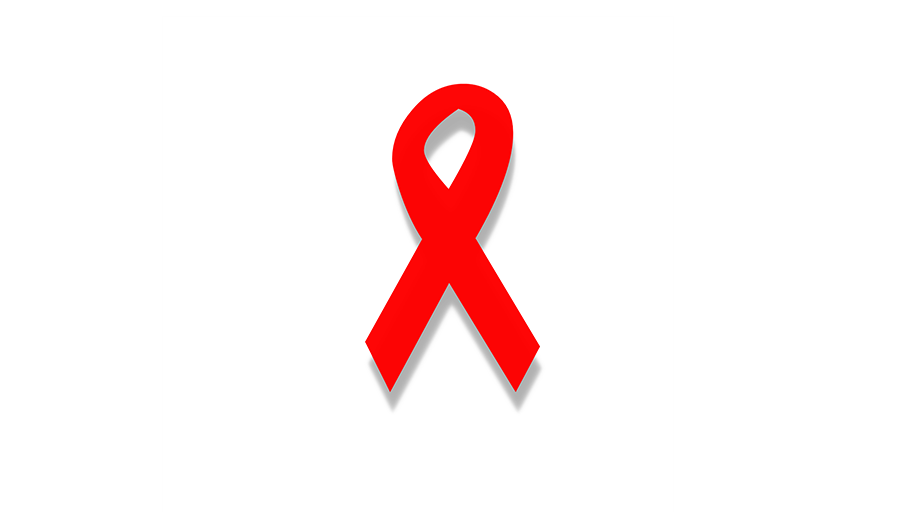Locally and globally, Johns Hopkins nurses are emerging to shape the next generation of HIV/AIDS research. Once considered a death sentence, HIV/AIDS is now a manageable chronic condition thanks to the legacy of caregivers and researchers who to this day work to fight stigma, prevent infection, advance HIV/AIDS science, and improve care and support for people impacted by the disease.
Yet HIV/AIDS is an international epidemic, and the needs of people who are affected are as diverse as the places they live. So here at the School of Nursing, rising nurse scholars are pushing beyond what is known to create innovative interventions targeting distinct challenges in disease. They’re shaping the next generation of HIV/AIDS research.
Yen Nguyen works with South African women of reproductive age who have HIV and multi drug resistant tuberculosis (MDR-TB).

Yen is a PhD/DNP-Family Nurse Practitioner student whose goal is to see family planning seamlessly integrated with MDR-TB and HIV treatment. Why? “Because MDR-TB and HIV each individually carry significant risk for poor maternal and infant health outcomes,” she explains. Women who become pregnant during treatment, particularly for MDR-TB, may face pregnancy loss or other serious complications, and in developing nations there are not many specialists available to provide care. MDR-TB currently has a 50% cure rate and treatment can take between nine to 12 months.
Yen is developing an evidence-based intervention to increase intent to use, and actual use of contraceptives in South African women of reproductive age who have HIV and multi drug resistant tuberculosis (MDR-TB).
Francoise Mbaka Mouyeme works with female sex workers in Cameroon.

While most research among female sex workers has focused on risk and behaviors specific to the sex work context, very few studies have examined ‘risk’ outside of sex work, particularly with non-paying intimate partners.
So that’s where Francoise is focusing her PhD studies. A PhD candidate of Franco-Cameroonian origin, Francoise is working to improve the wellbeing of vulnerable women through health promotion, beginning with her home. “Prevention of HIV in this group helps reduce the HIV epidemic in Cameroon, and in turn boosts socioeconomic development, and encourages a healthy workforce,” she says.
Joyell Arscott works with young adult women in Baltimore who have experienced intimate partner violence.

“Young adult women who have experienced intimate partner violence have unique needs when it comes to HIV prevention,” begins Dr. Joyell Arscott, a post-doctoral fellow. Her research explores how historical, structural, and institutional factors contribute to health inequities for this population, and particularly the role violence and trauma play in ongoing HIV risk.
Ultimately, she is seeking to develop an early intervention to decrease her population’s risk for HIV.
Joyell, Francoise, and Yen are three of the many emerging researchers at the School of Nursing who are dedicating their hearts and minds to people impacted by the HIV epidemic. We also have recent PhD graduates Hyejeong Hong and Laura Starbird, whose dissertation research abstracts have been accepted at the Conference on Retroviruses and Opportunistic Infections. And we have Jared Carter-Davis and Ellen Seymour, who, with advisor Dr. Nancy Goldstein recently published a paper on the need to develop PrEP interventions for people with substance use disorders.
These emerging HIV/AIDS scholars have their research focus, and hearts, in the right place.
Post-Baccalaureate HIV Primary Care Certificate
Post-Doctoral Opportunities at Johns Hopkins School of Nursing

ABOUT THE AUTHOR: SYDNEE LOGAN
Sydnee Logan is the Social Media and Digital Content Coordinator for Johns Hopkins School of Nursing. She shares what’s going on here with the world.

